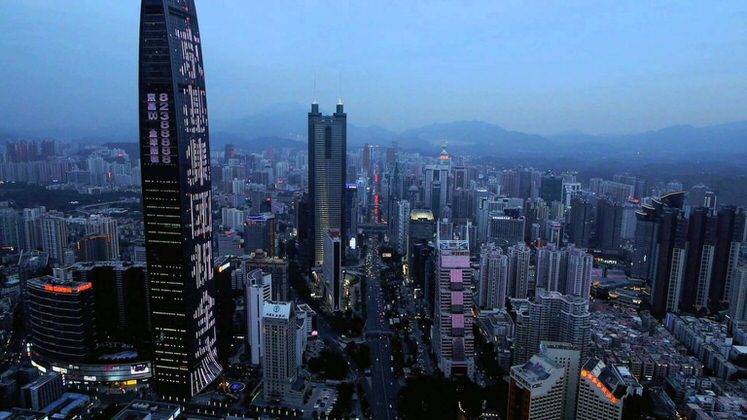Sensity Systems is teaming up with the Chinese Academy of Sciences (CAS) to help lower air pollution and congestion levels in China’s cities, alongside providing video surveillance technology for the government.
The two companies launched a joint venture spin-off, which will have its own IoT platform for Chinese Smart Cities. Outside of China, Sensity will continue to conduct business under its own name.
See Also: Is Seoul the world’s smartest city?
It is one of a growing list of partnerships between U.S. and Chinese companies, aimed at providing IoT and climate change services to ensure that the next few decades of urbanization for China are as smooth as possible.
In the 13th Five Year Plan for China, which provides the economic goals for 2016-2020, the government said it wants 70 percent urbanization by 2030. That’s approximately 350 million people moving from rural to urban environment in China, which means a lot more traffic, a lot more electricity, and a lot more houses.
Cities facing environmental challenges in China
Environmental issues are worsening in China, despite the government’s attempts to crackdown on heavily polluting industry and congestion. There aren’t enough green jobs available in cities and stable public transport programs are not being implemented at a fast enough rate.
Sensity Systems might be able to lower pollution with its LED lights rollout, but some people are worried that U.S. companies working with the Chinese government on video surveillance is unethical.
Chief executive of Sensity, Hugh Martin, said that conversations with Chinese officials has convinced him that their main goals are to lower pollution and congestion, according to a report from the WSJ.
There are also worries about the Chinese government being oppressive to foreign companies that attempt to change systems in Chinese cities. We’ve already seen the government doesn’t take kindly to foreign dissonance, removing Google and Facebook from the country a few years ago, after failing to fall in line.


















